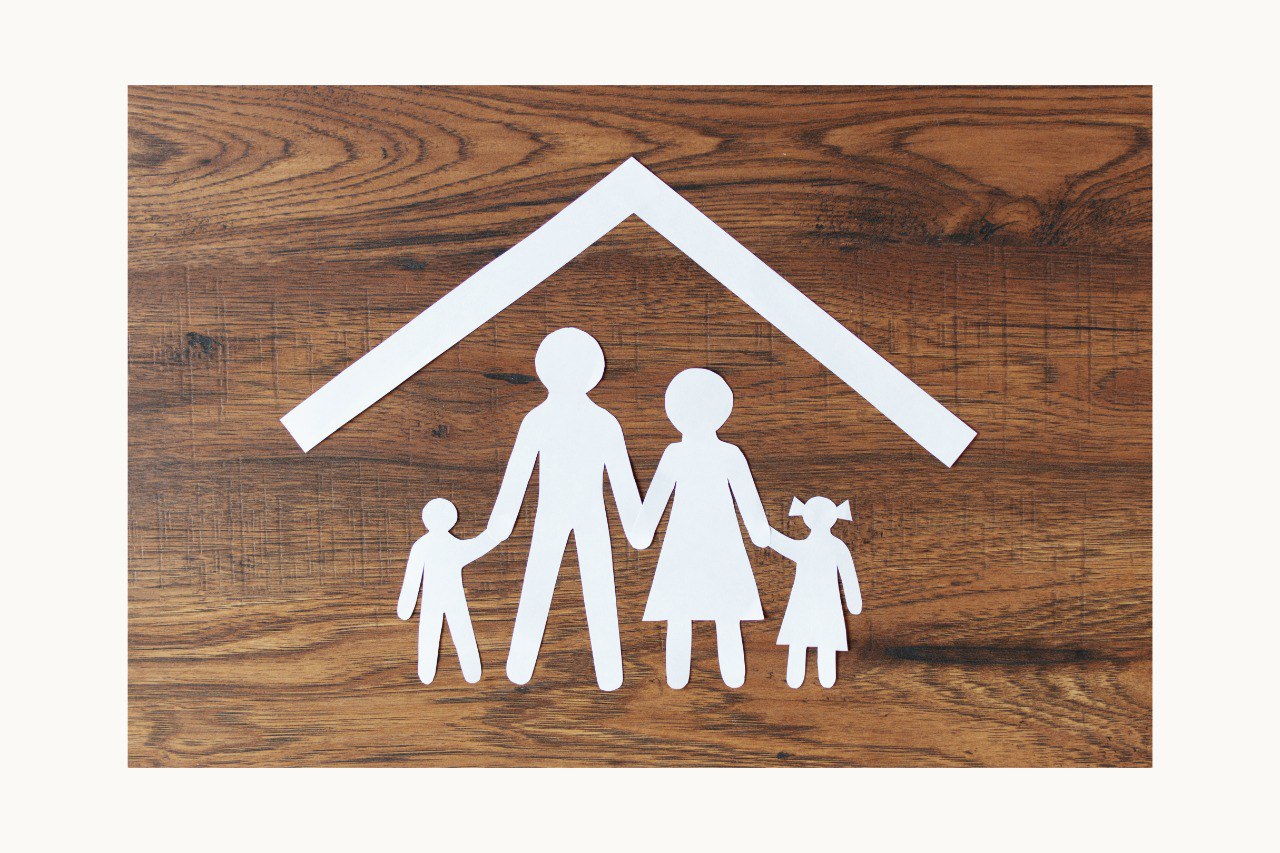
By Syasya Qistina
The word welfare has long been associated with happiness and wealth, but its modern meaning only arose in the twentieth century. According to Williams (1976) Welfare comes from the words “well”, which is the same as what we understood and “fare,” which originally meant “journey” or “arrival,” but later also meant “food supply.” While looking at welfare from a personal standpoint, it might be viewed one way, and another when looking at it from a social macro perspective.
“Welfare” appears to have a distinct meaning depending on whether it is understood primarily from an economic or primarily from a social standpoint, which is why the subsections are eventually amalgamated into an effort to define welfare.
The examples of interpretations of the notion listed below demonstrate the wide range of interpretations of “welfare”.
Welfare is a more limited notion than well-being, which encompasses a larger range of factors such as job satisfaction, work quality, health, and sense of belonging. These features have frequently been incorporated in social indicator research, which began in the Nordic nations with writers such as Allardt 1975 and was subsequently taken up by the Organisation for Economic Co-operation and Development (OECD) as part of a social indicator initiative.
Individuals and their families benefit from the welfare system, but it also adds to the well-being of social surroundings such as schools and workplaces. Housing, medical, nutritional, educational, and occupational support are provided through social welfare programs to persons who would not otherwise have access to these services.
The commitment to ensure a healthy, safe, and productive population offers social services meaning and purpose, as well as an opportunity to engage with people. The distributive and redistributive policies are the two forms of social welfare services.
Each policy has its approach to supporting social welfare programs and allocating those monies to the people who will benefit the most. Furthermore, welfare is rarely employed on its own. When the notion of welfare is linked to the concept of the state, the signifier suggests that the state has a clear role to play in assisting members of society to have a happy life through, for example, the financing and delivery of services and income transfers.
Nonetheless, the welfare state can have a variety of meanings.
The topic of social welfare has so far been framed in terms of ethical rights and obligations. However, the competing viewpoints represent differing reactions to human beings’ self-interested nature. Those who argue against welfare believe that if given the chance, individuals will do exactly what they want and nothing more.
Individuals in the welfare the state may get food without working; this is too tempting, and many people, driven by self-interest, will opt not to work.
“You will never be disappointed if you assume people would behave in their self-interest,” say, proponents of welfare, “but you will never understand people if you believe that is all that motivates them.”
Proponents claim that when people are allowed the opportunity to completely express themselves, they are naturally concerned about the well-being of society and all of its members.
They will not only work but will also help the poor, bringing them to a financial level where they may begin to treat others with the same respect.
Welfare refers to a group of organizational initiatives aimed at helping individuals and families who do not earn enough money to live comfortably and also helping them with their physical and mental health.
Different social welfare programs include housing, food, medical treatment, and financial aid for day-to-day living. Taxpayer-funded welfare programs assist individuals in need in coping with financial stress and suffering. Food stamps, vouchers, or, in certain situations, direct cash are frequently given to welfare beneficiaries on a biweekly or monthly basis.
The purpose of welfare is to assist families and people in need in their efforts to achieve a more stable financial situation and a happier life.
Source:
Williams, R. 1976. Keywords: A Vocabulary of Culture and Society. Glasgow: Fontana